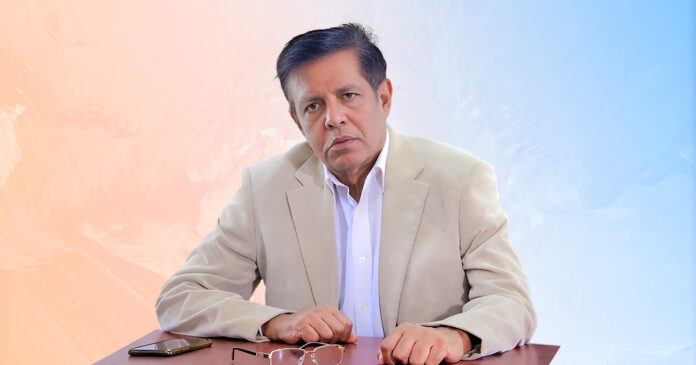“EOAS” is a name synonymous with spice oils since 1894. The company ventured into production of spice oleoresin in 1999 and today, EOAS is well-known and highly regarded throughout the international food & flavour industry for its exclusive products.
These produce have secured firm confidence in sophisticated quality driven markets in the USA & Europe. Over the past few years, EOAS has reached unprecedented height under the guidance of its Managing Director, D. A. Perera.
Mr Perera passionately shared his story of success throughout his business journey in an interview.
Excerpts from the interview:
Q: How can young entrepreneurs in the industrial sector grow their businesses?
The first characteristic that they should possess is discipline. They need to have a clear vision and an idea of their opportunities. Entrepreneurs should have original ideas when building products rather than infringing someone else’s idea and finding their fortune.
When I was taking over the cinnamon oil business from my father, we had a huge crisis of finding out cinnamon due to the enforced regulations in the country. We were not allowed to cut any of the trees in the woods. In such situations, I used my chemical engineering and perfumery knowledge to tackle this issue for the first time in Sri Lanka.
Entrepreneurs in Sri Lanka need to understand that only 10% of natural resources are still being utilised in our land. There are enough opportunities for you to research profitable methods to use these natural resources more effectively and in an environmentally friendly manner.
Most importantly, industries should spend a good portion of revenue on research and development if they are willing to invent new products or ideas for the market. The original ideas you create inside your business would help you a lot in the long run.
Q: How do you manage your staff and help them to reach their full potential?
I have over 300 staff working in four factories, and understanding their needs and fulfilling those would strengthen their loyalty towards the company. I learned staff management from my father when he was handling his factories. He treated his staff with respect and took care of them whenever necessary. Most of the management principles we use today overlay with what they have used in the past. I’m proud to say that I have an excellent staff base, and I rarely do factory visits to ensure factories are functioning well.
(Excerpts from an interview with Siyatha TV. Transcript was done by Dilshara Hettiarachchige.)


